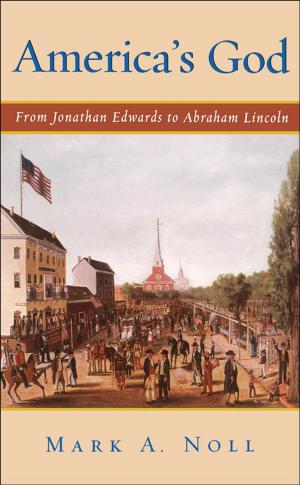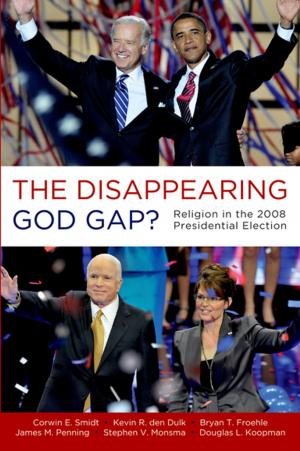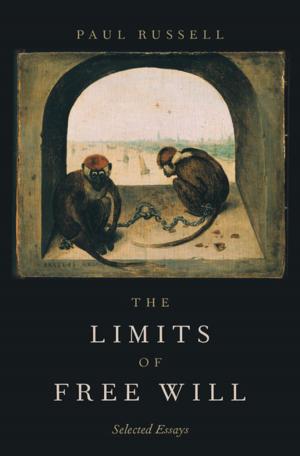Questions of Possibility
Contemporary Poetry and Poetic Form
Fiction & Literature, Literary Theory & Criticism, Poetry History & Criticism, American| Author: | David Caplan | ISBN: | 9780190290832 |
| Publisher: | Oxford University Press | Publication: | December 30, 2004 |
| Imprint: | Oxford University Press | Language: | English |
| Author: | David Caplan |
| ISBN: | 9780190290832 |
| Publisher: | Oxford University Press |
| Publication: | December 30, 2004 |
| Imprint: | Oxford University Press |
| Language: | English |
Questions of Possibility examines the particular forms that contemporary American poets favor and those they neglect. The poets' choices reveal both their ambitions and their limitations, the new possibilities they discover and the traditions they find unimaginable. By means of close attention to the sestina, ghazal, love sonnet, ballad, and heroic couplet, this study advances a new understanding of contemporary American poetry. Rather than pitting "closed" verse against "open" and "traditional" poetry against "experimental," Questions of Possibility explores how poets associated with different movements inspire and inform each other's work. Discussing a range of authors, from Charles Bernstein, Derek Walcott, and Marilyn Hacker to Agha Shahid Ali, David Caplan treats these poets as contemporaries who share the language, not as partisans assigned to rival camps. The most interesting contemporary poetry crosses the boundaries that literary criticism draws, synthesizing diverse influences and establishing surprising affinities. In a series of lively readings, Caplan charts the diverse characteristics and accomplishments of modern poetry, from the gay and lesbian love sonnet to the currently popular sestina.
Questions of Possibility examines the particular forms that contemporary American poets favor and those they neglect. The poets' choices reveal both their ambitions and their limitations, the new possibilities they discover and the traditions they find unimaginable. By means of close attention to the sestina, ghazal, love sonnet, ballad, and heroic couplet, this study advances a new understanding of contemporary American poetry. Rather than pitting "closed" verse against "open" and "traditional" poetry against "experimental," Questions of Possibility explores how poets associated with different movements inspire and inform each other's work. Discussing a range of authors, from Charles Bernstein, Derek Walcott, and Marilyn Hacker to Agha Shahid Ali, David Caplan treats these poets as contemporaries who share the language, not as partisans assigned to rival camps. The most interesting contemporary poetry crosses the boundaries that literary criticism draws, synthesizing diverse influences and establishing surprising affinities. In a series of lively readings, Caplan charts the diverse characteristics and accomplishments of modern poetry, from the gay and lesbian love sonnet to the currently popular sestina.















